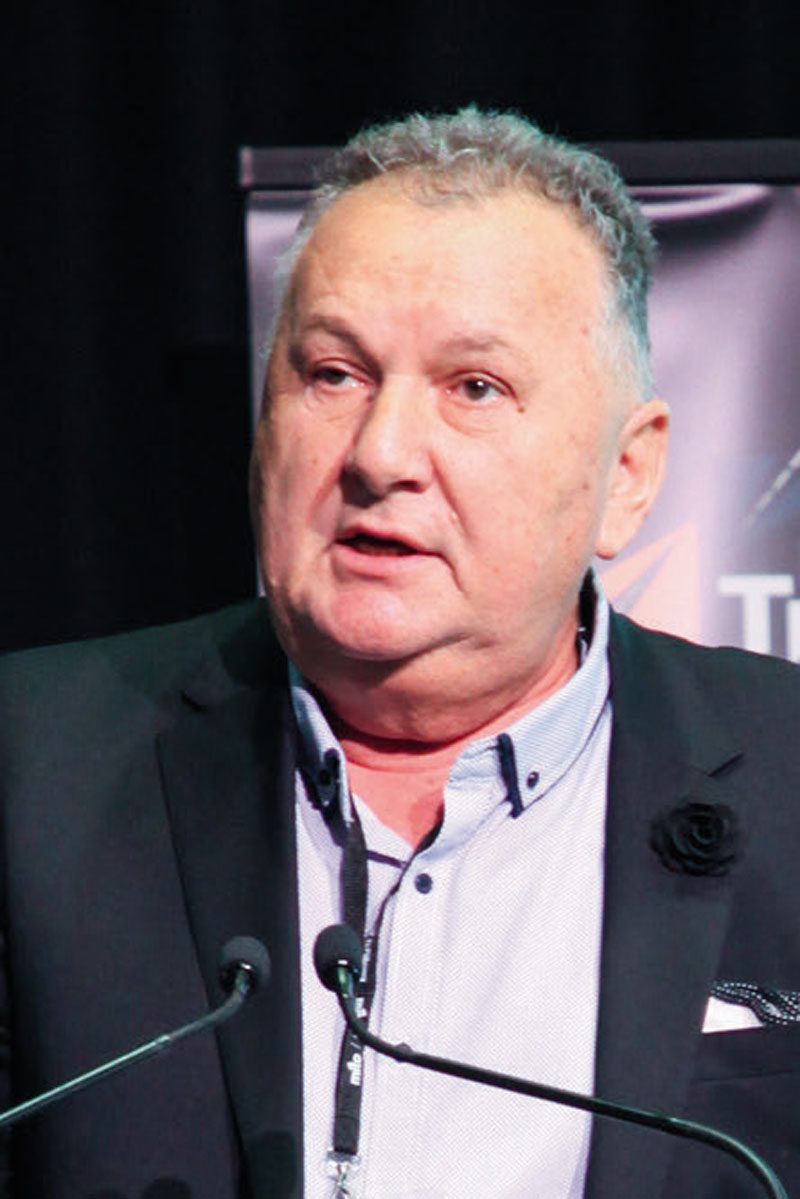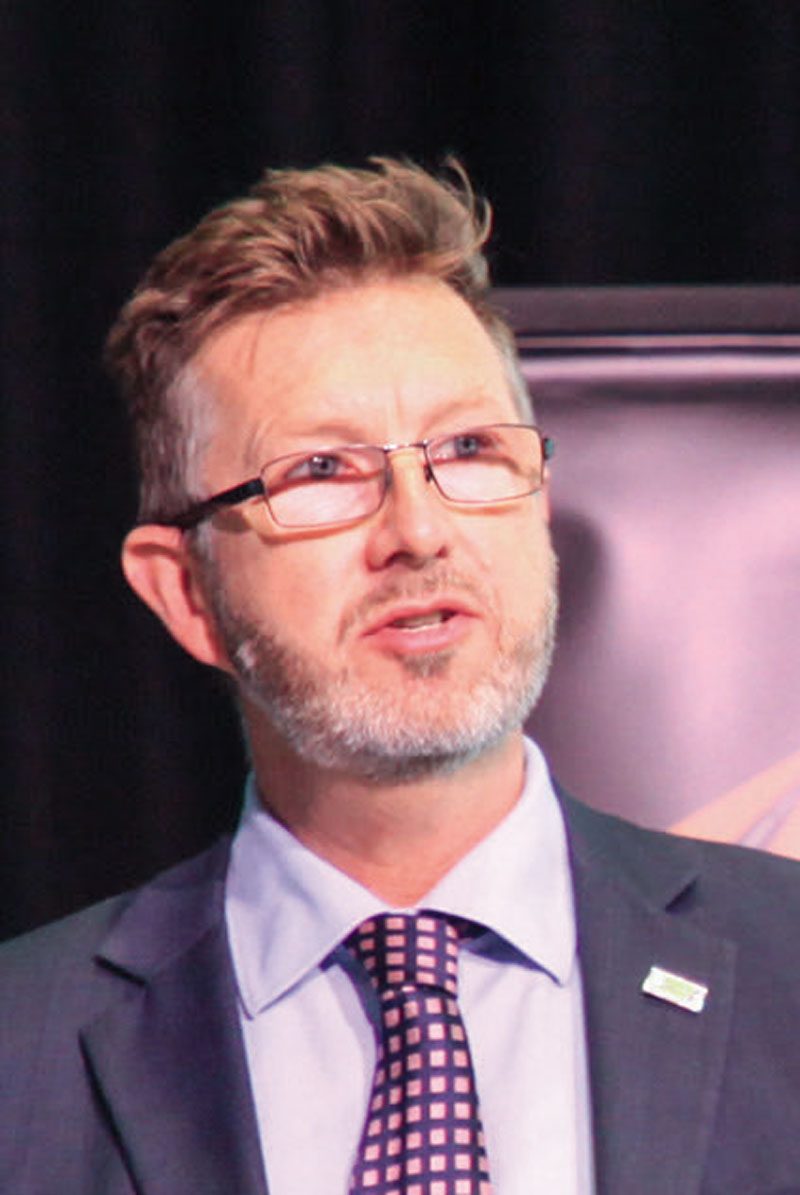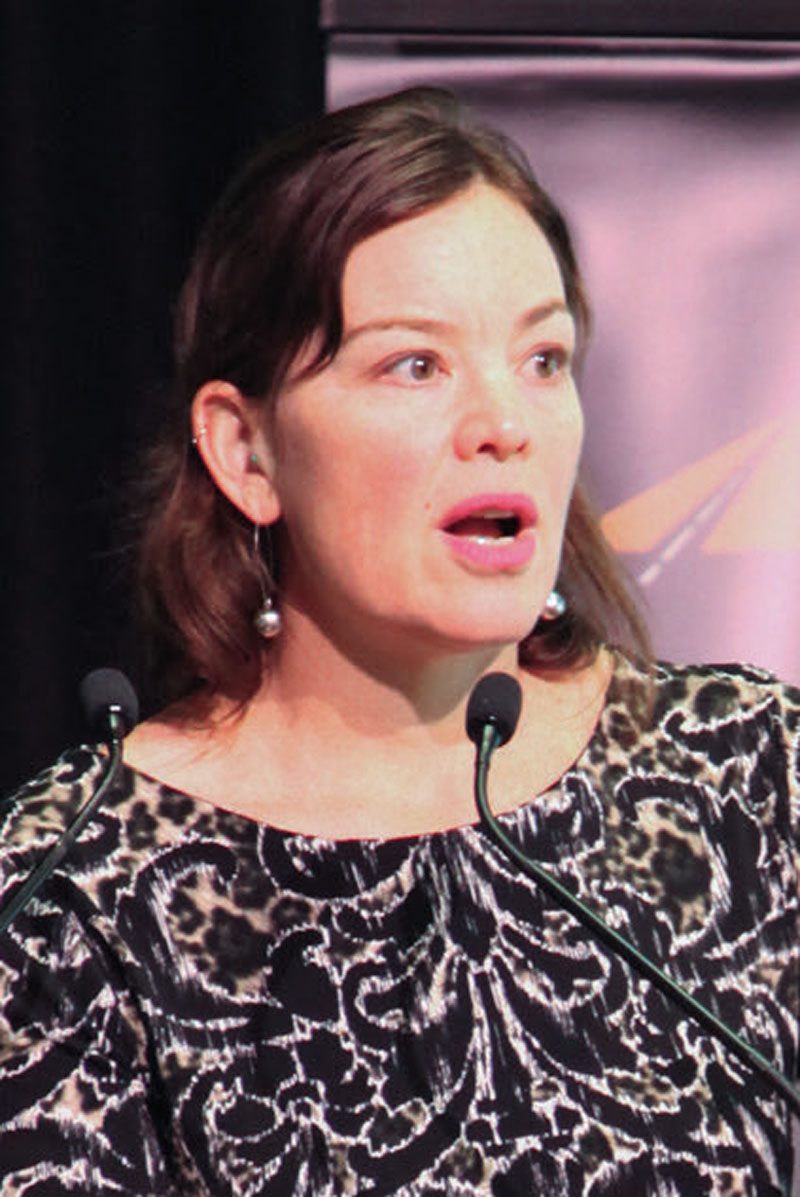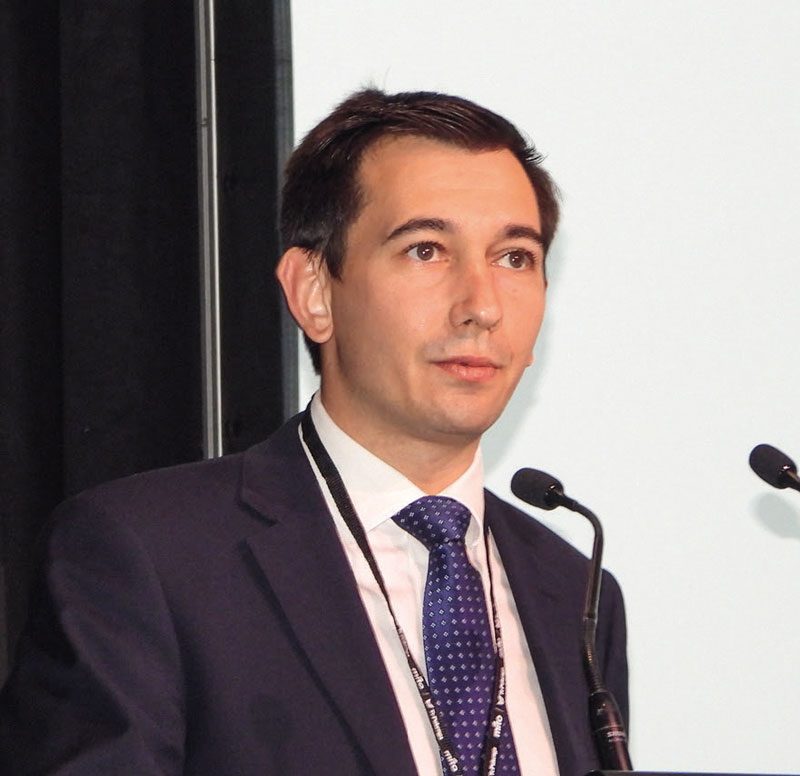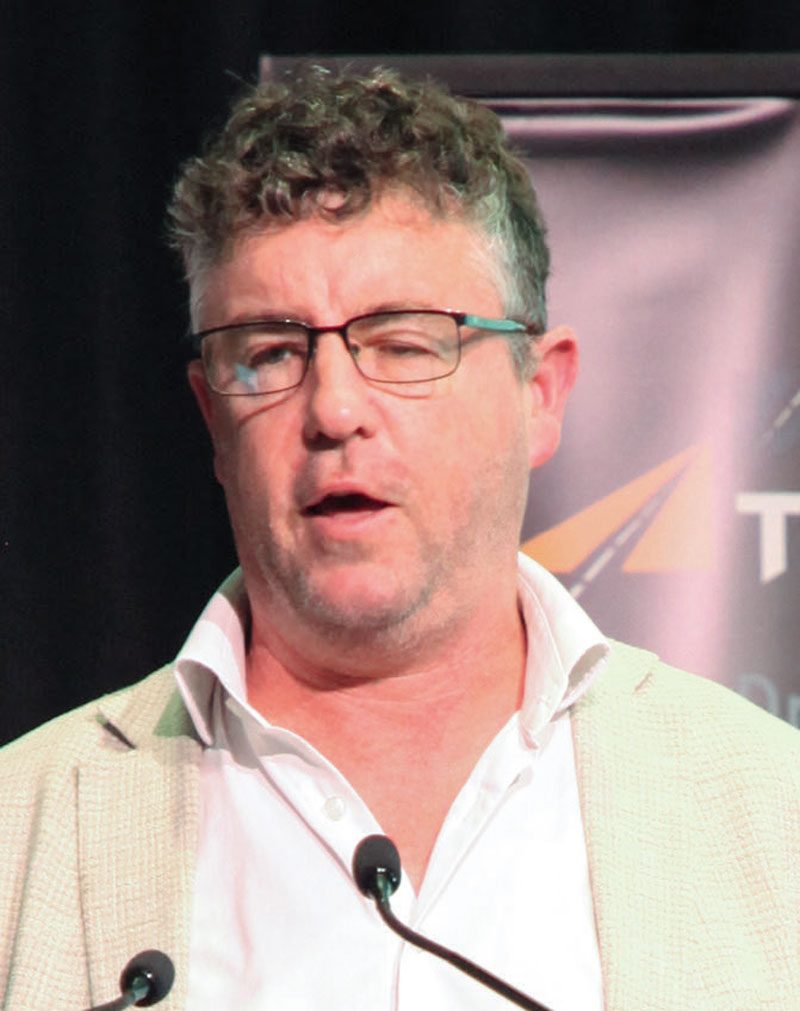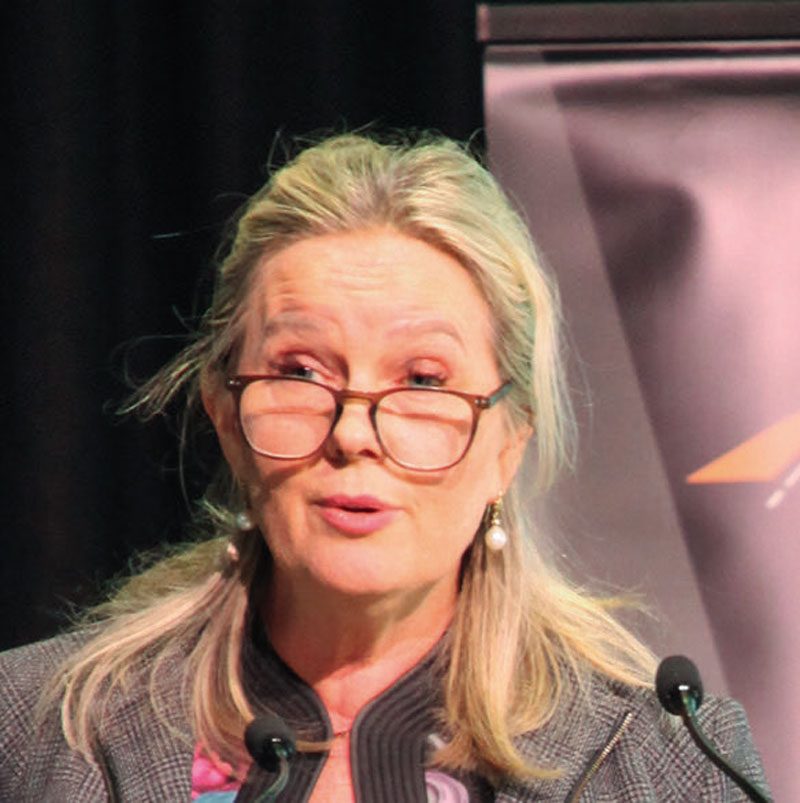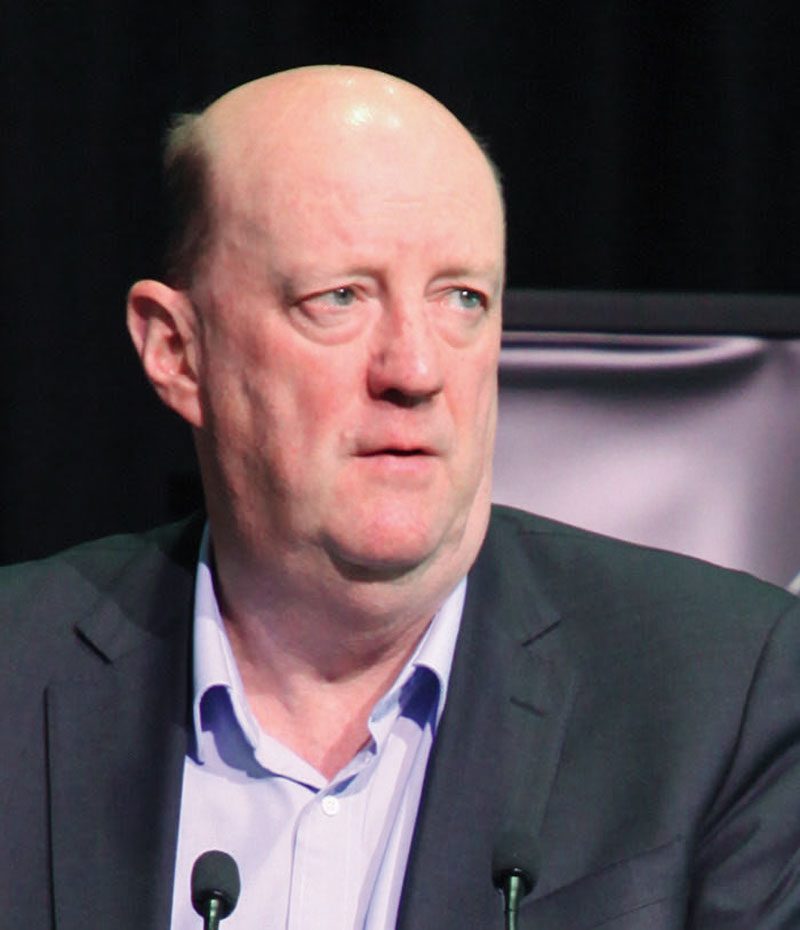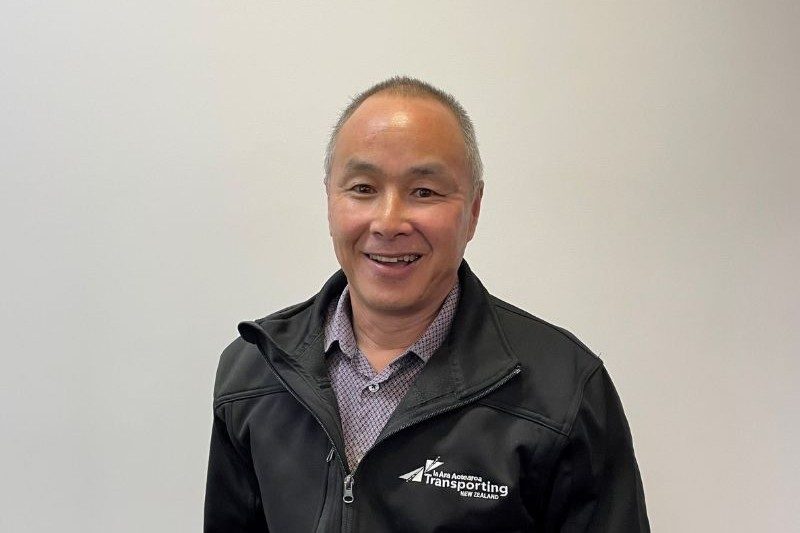A Changing World Conference 2023
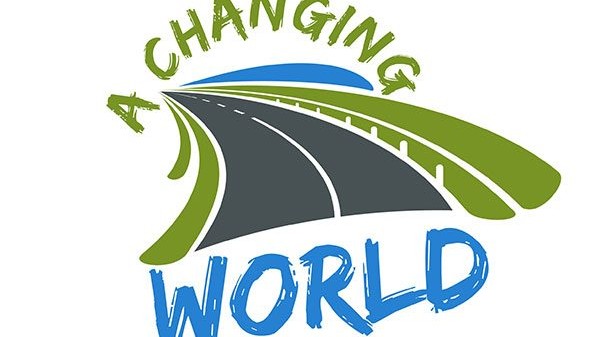
The country’s main political parties stood up and delivered their take on the critical issues for the transport sector at this year’s Transporting New Zealand conference. Economist Cameron Bagrie and advisor Phil O’Reily also gave their two cents on the challenges.
Shane Jones
New Zealand First
New Zealand First’s Shane Jones says the transport sector shouldn’t write off Labour and the Greens when it comes to the election.
“There are now so many Kiwis who are in receipt of government revenue – welfare, other types of assistance – that Kiwis sadly look to Wellington and look to politics as a massive redistributive machine,” he says.
“The next election should be about politicians that want to grow the size of the pie, not argue incessantly about how to redistribute the pie.”
Jones says there is much bureaucracy in New Zealand but no accountability. “We shouldn’t be surprised that we are a compliance-riddled, inflexible, petty society given the huge number of rules and regulations besetting our industries.
“We have allowed shrill, untested, un-costed voices to drive an agenda in New Zealand that threatens the solvency of our industries. It’s going to be hard to turn that around.”
Regarding decarbonisation, Jones says there should be one broad policy statement.
“There should be an expectation that if truckies are buying brand-new gear, and it only generates a fraction of the negative emissions as our historic trucks did, then you should be able to do that – it shouldn’t be some single totalitarian edict, that all of a sudden you all have to go methane, hydrogen, or electric… It should be a simple policy statement that lets the market, owners, firms and investors decide how they are going to use their own capital to achieve an outcome of decarbonisation.”
Simon Court
ACT
Simon Court says getting the maximum efficiency from investments and transport equipment is as essential to this industry now as it was 25 years ago.
“In the past 25 years, productivity in the transport network has dropped right off. And more trucks just add to congestion and add more costs. We’ve seen the failure to invest in the roading transportation network lead us to where we are now – higher cost, inflation for transport and infrastructure projects, lower productivity and everything costing more for the consumer.”
Court says Transporting New Zealand’s policies outlined in its 2023 election platform identify what can be done to improve resilience, productivity, safety for road users, encourage more people to come to New Zealand to work in the transport industry, or to choose driving and transport as a career, and focusing on decarbonisation.
“It’s heartening to see Transporting New Zealand putting so much effort into identifying what policies are necessary to make trucks more productive so you can justify your investments.”
Court says the people leading policy thinking have no idea how to get New Zealand moving.
“They don’t have any practical experience, and when it comes to advice from officials, they don’t even know what to ask,” he says.
“ACT in a future government will not be asking officials just what we want to hear because we’ve already asked you, the industry, what it is that needs to be done. We asked what would work, what works in other countries, and what would work in New Zealand.”
Julie Anne Genter
Green Party
The Green’s Julie Anne Genter says the way to get more efficient transport systems is by making sure we are moving people and goods in the most energy-efficient way possible and with the fewest vehicles possible.
“Right now, we are facing the biggest challenge that we’ve yet faced, and it’s really becoming clear – it’s quite devastating the scale of the damage. Because humans haven’t got our act together and reduced our fossil fuel use in time, we have an increased amount of severe weather events that we can expect due to climate change.
“This is something the Green Party has been concerned about for many decades. Scientists and governments were meeting about this problem in the 1990s, trying to come up with solutions. But we had a few decades where we had a lot of delays, mainly because the people who produced and sold oil were really good at campaigning and confusing policy makers and people about what climate change really meant.”
Genter says everything we do relies on a stable climate. “Everyone wants to be part of the solution, to do our bit. For us to confront climate change and limit the damage, we are going to have to cooperate on a scale we have never had to cooperate on before,” she says.
“In order to confront the climate crisis, we need an efficient transport system moving more people and goods at lower costs, more money in the maintenance budget because of more pressure on the roading network due to severe weather, and more money into R&D to make sure we are building roads in a sustainable way, so they have a longer life.”
Genter says there is a huge opportunity to get better outcomes from the transport system. “We need to be realistic and challenge any political parties who are saying they are going to build a lot of infrastructure – how are they going to pay for it?
“We are the first generation to see the impact of human-caused climate change, and the last who will really be able to do something about it.”
Simeon Brown
National
Brown says the past few years have presented numerous challenges for the transport sector, including Covid-19, lockdowns and the current recession.
He says National believes the transport sector is vital to the economy, and its growth must be unlocked “if we are going to get out of the economic challenges we face”.
The National Party plans to alleviate these pressures by building on seven key principles. These are:
- stopping the “wasteful expenditure that people are seeing in Wellington” • providing tax relief for hard-working families
- cutting the red tape holding businesses back
- growing and attracting the skills needed to fill the labour shortage
- using technology and innovation when faced with the challenges of climate change
- building the infrastructure to help grow the economy
- encouraging trade and investment because “we cannot grow as a country if we are not selling what we produce to the world”.
“It is critically important to have an economic plan because, otherwise, all we are doing is trying to make ourselves richer by selling things to ourselves, which is never going to work.”
Brown says there is a major infrastructure deficit when it comes to transport. “This is something that has been in place for many decades but has not been helped when the current Labour government cancelled the entire Roads of Significance programme, which would have continued to deliver major, safe, modern expressways up and down the country.”
National’s Infrastructure for the Future plan will establish a National Infrastructure Agency that will bring together the money that currently goes into Infrastructure New Zealand. “We’ll create an agency focused on making sure we deliver better infrastructure and unlock new innovative financing tools so we can bring more funding in and attract funding from offshore. We want to introduce national, city and regional deals to help prioritise projects that will unlock that economic growth and productivity, and fast track consents.”
National will also establish a 30-year infrastructure pipeline that will include a
Cameron Bagrie
Economist Cameron Bagrie says New Zealand’s economy has by and large been in pretty good health for the past few years.
“When the economy is in good health, most people do pretty well. When the tide goes out, you find out who has been swimming naked, and that is the environment we are heading into,” he says.
“A tougher environment sorts out who is actually good at what they do; it’s you versus the market.”
Bagrie says the next few years will provide a wake-up call to New Zealand. “One of the things I’ve seen seep into New Zealand is a sense of self-entitlement. We think we can get something for nothing. The perception we can get ahead has become too easy – going through tougher times means you have to stiffen your resolve.”
Are we really in a recession? Bagrie says if you look at New Zealand’s activity, we are still well above trend.
“Most firms are still busy; they are just slightly less busy. What we are seeing is that firms are still struggling to get staff. When you start to see the unemployment rate move up aggressively, that is when the recession really starts,” he says.
“One of the key economic trackers we use is the ANZ Truckometer. Our traffic volumes around the country are an important barometer of where New Zealand is going. Things are slowing, and it’s becoming a bit uncertain.”
Bagrie believes the most significant challenge New Zealand faces is division. “It’s what we are seeing around the globe. It’s inequality, it’s poverty, it’s the co-governance debate, it’s rural versus urban.
“When you get a very divided society, it becomes economically unhealthy. Bringing New Zealand back together is one of our biggest social and economic challenges.”
Bagrie says Cyclone Gabrielle proved New Zealand is not fit-for-purpose for a climate-change, rapidly evolving world. “Regarding transport, 19,000km of the roading network has some degree of risk. We need to manage these risks, and the big issue is what are we going to do and how are we going to fund it,” he says.
Bagrie says it’s time for the transport sector to come together and not be divided.
“The transport industry needs to put egos aside – one team, one dream,” he says. “Industry organisations could have a very powerful influence over the next few years, shaping where New Zealand goes. The industry organisations need to provide solutions, not problems, to government. Government likes to deal with united voices, not multiple voices.”
Helen White
Labour
White says that the government has poured money into maintaining roads but it needs to pour a lot more. “Climate change is eroding our roads, so it is incredibly important that we address that with money for road maintenance, and that is what we are going to be doing – and what we have been doing,” she says.
“There is an infrastructure gap. It is a problem that is looming and must be addressed. That is integrally connected with making the transport industry work well and bringing productivity up. We simply need to pour that money into infrastructure, and that is what we have been doing and what we will be doing.”
White says she rejects Simeon Brown’s suggestion that the government isn’t thinking about resilience. “There is a huge amount of work to be done. The severe weather events have been a huge deal. There has been so much devastation that has affected road quality, and money has been poured into those areas.
“Resilience is being built into flood recovery and rebuilding roads and bridges. It is a matter of having short-term stuff happen with resilience being built in, and then longer- term resilience as well.”
White says it is essential to get safety policy right. “Road safety is a huge deal. We have 25% of deaths in New Zealand involving a person driving at work. That is a terrible number.
“The Road to Zero strategy is important. It’s an issue of wellbeing. Some of that is about the quality of our roads; it’s important we focus on making sure those roads are maintained well. But it’s not a case of just maintaining roads and not actually building new ones because there’s an incredibly important economic and environmental impact if we get those roads in the right places and working in the right way.”
White says freight and supply chain strategy is integral. “We are looking at that work as a whole, and the priorities include how we are going to plan to decarbonise, data quality improvements so we can rationalise that system, and a port strategy. Those are the kinds of things that need to be built into the strategy so you can do your jobs so we can bring productivity up in this country,” she says.
“There is a lot going on in this industry at an operational level in terms of thinking outside the square, mixing up modes of transport to make things more efficient in terms of decarbonisation.
“There is a lot of technical change going on – we are asking a lot of you. Hopefully, it will be supported by a lot of strong change in the tools available – different kinds of vehicles, different kinds of fuel. We will support as much as we can in achieving that,” White says.
“The government cares deeply about transforming this industry, and we absolutely understand that you are pivotal to the productivity of this country, and getting it right and working with you is the only way to do that.”
Phil O’Reily
Managing director at public policy advisory firm Iron Duke Partners Phil O’Reily says there are many global issues happening right now that impact the transport sector.
“As I look through the transport sector, one of the things that strike me is just the amount of business risk and public policy risk that faces your sector. I’ve never seen as much as you face right now,” he says.
O’Reily says one of the big issues facing the sector is the US Inflation Reduction Act, which he says is throwing trillions at the US economy to buy the world’s technology around things like batteries, microchips, green infrastructure and hydrogen.
“There may be a big play that says we will subsidise you if you come to the US and grow your business here. The Europeans are then responding with similar initiatives, otherwise the only places in the world that will make batteries in five years’ time will be the US and China,” he says.
“This becomes a tri-polar world, with a China-centric set of policies, a US-centric set of policies, and a European-centric set of policies.”
The war in the Ukraine is also another major global issue.
“The biggest issue for transport is the impact on European competitiveness, particularly German industry competitors, and the shocks to the supply chain.”
Back on New Zealand shores, O’Reily says the outcome of the upcoming election is still too early to call.
He said former transport minister Michael Wood’s exit was bad for the [Labour] Government. “He was really one of their rockstars, a leader in waiting.”
Whatever the outcome of the election, O’Reily says there will be a new Government. “There will not be a continuity government. Even if Hipkins is still the prime minister, it will be a very different government than the Labour- only government we have.
“Then it will be Labour-Greens, probably Te Pate Maori, a very left government. And if it’s out to the right, it will be a more radical government than we’ve seen for quite some time from the right.
“The left leaning guys will be more suspicious of business, migrants, global engagement, and they will continue to unpick the legacy of the 1980s and 1990s,” O’Reily says.
“A right-leaning government will be more business friendly, but of course they will have their own agendas to push, and whenever you see a government regulating or re-regulating, they tend to step on toes,” he says.
“So even if you think you might like some of the things you think they are going to do, don’t take it for granted that it will be easy for you.”


